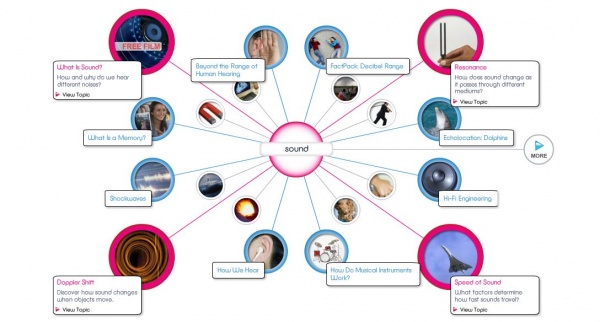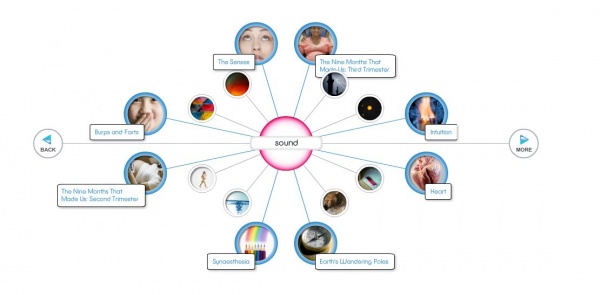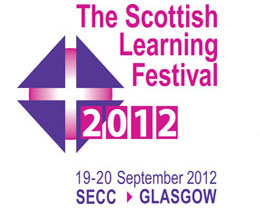The ASPIRES study, tracked the development of young people’s science and career
aspirations from age 10-14.
The first ASPIRES Project has now ended but the ESRC has awarded further funding to continue their research for the next five years.
ASPIRES 2 will continue this tracking over the crucial next five years of the young people’s lives, to understand the changing influences of the family, school, careers education and social identities and inequalities on young people’s science and career aspirations and, crucially, relate these to their actual subject choices and attainment in national examinations and their post-16 choices. This tracking of young people’s aspirations and educational outcomes comprises the crucial ‘final link’ in the longitudinal project,
and will have strong bearing on educational policy and practice.
ASPIRES 2 aims to investigate:
1. How are student educational and occupational aspirations formed, and how do they change, over time?
2. How are subject choices and (GCSE) attainment related to aspirations, and how are these patterned over time?
3. How are aspirations shaped by families and schools (including experiences of school science and careers education)?
4. How are aspirations shaped by gender, class and ethnic identities?
5. How can findings be translated for stakeholder audiences, specifically for policy-makers/ intermediaries, teachers, students and parents/families


































